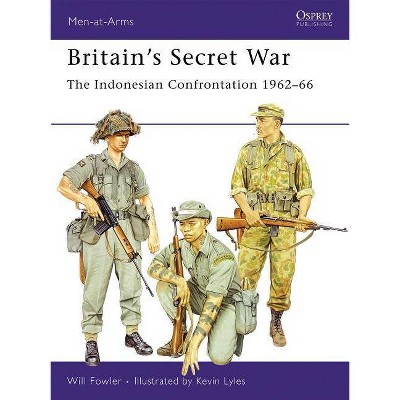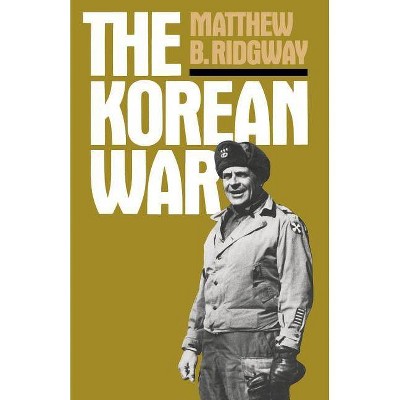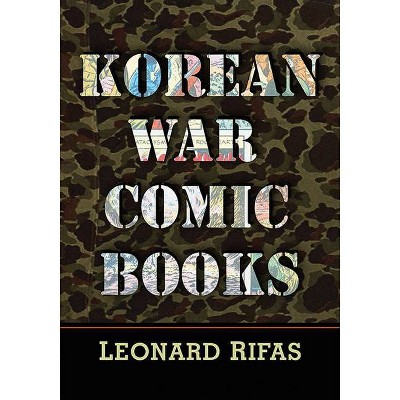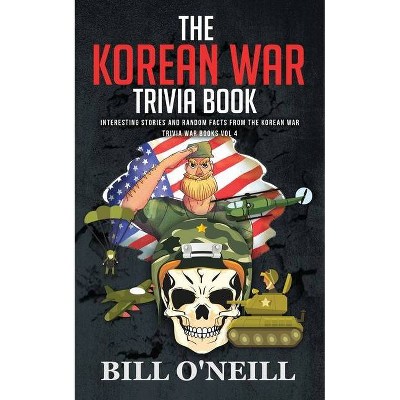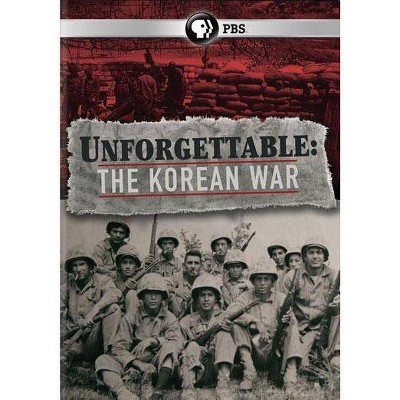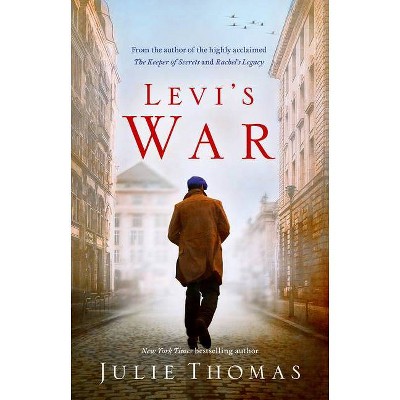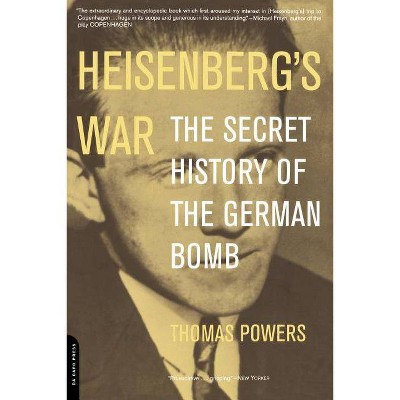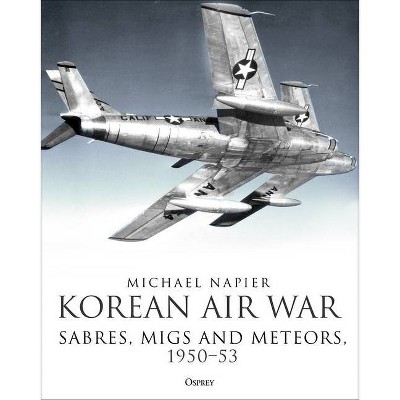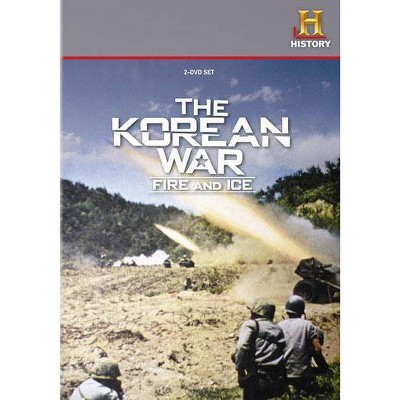Britain's Korean War - by Thomas Hennessey (Paperback)
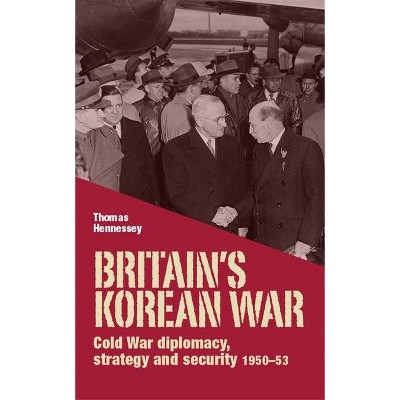
Similar Products
Products of same category from the store
AllProduct info
<p/><br></br><p><b> About the Book </b></p></br></br>This book investigates the UK's experience as a junior partner in the only Cold war conflict where some of the main protagonists confronted each other on the battlefield. The author assesses the strains within the 'Special Relationship' between London and Washington and offers a new perspective on the limits and successes of British influence.<p/><br></br><p><b> Book Synopsis </b></p></br></br>Available in paperback for the first time, this book assesses the strains within the 'Special Relationship' between London and Washington and offers a new perspective on the limits and successes of British influence during the Korean War. The interaction between the main personalities on the British side - Attlee, Bevan, Morrison, Churchill and Eden - and their American counterparts - Truman, Acheson, Eisenhower and Dulles - are chronicled. By the end of the war the British were concerned that it was the Americans, rather than the Soviets, who were the greater threat to world peace. British fears concerning the Korean War were not limited to the diplomatic and military fronts these extended to the 'Manchurian Candidate' threat posed by returning prisoners of war who had been exposed to communist indoctrination. The book is essential reading for those interested in British and US foreign policy and military strategy during the Cold War.<p/><br></br><p><b> From the Back Cover </b></p></br></br>Britain's Korean War investigates the UK's experience as a junior partner in the only Cold War conflict where some of the main protagonists confronted each other on the battlefield. The book assesses the strains within the 'Special Relationship' between London and Washington as well as British relations with the Soviet Union, communist China and the emerging New Commonwealth, particularly India. The interaction between the main personalities on the British side - Attlee, Bevan, Morrison, Churchill and Eden - and their American counterparts - Truman, Acheson, Eisenhower and Dulles - are chronicled. The book shows how Anglo-American disagreements over military strategy in Korea reflect a British desire to reign in American efforts to expand the war: the British feared that the conflict might escalate into a third world war that would expose the United Kingdom to direct Soviet attack. By the end of the war the British were concerned that it was the Americans, rather than the Soviets, who were the greater threat to world peace. This book also illustrates that British fears concerning the Korean War were not limited to the diplomatic and military fronts - these extended to the threat posed to the security of the state by returning prisoners of war who had been exposed to communist indoctrination while in captivity. It is essential reading for anyone interested in British and US foreign policy and military strategy during the Cold War.<p/><br></br><p><b> About the Author </b></p></br></br><br>Thomas Hennessey is Professor of Modern British and Irish History at Canterbury Christ Church University<br>
Price History
Price Archive shows prices from various stores, lets you see history and find the cheapest. There is no actual sale on the website. For all support, inquiry and suggestion messages communication@pricearchive.us
